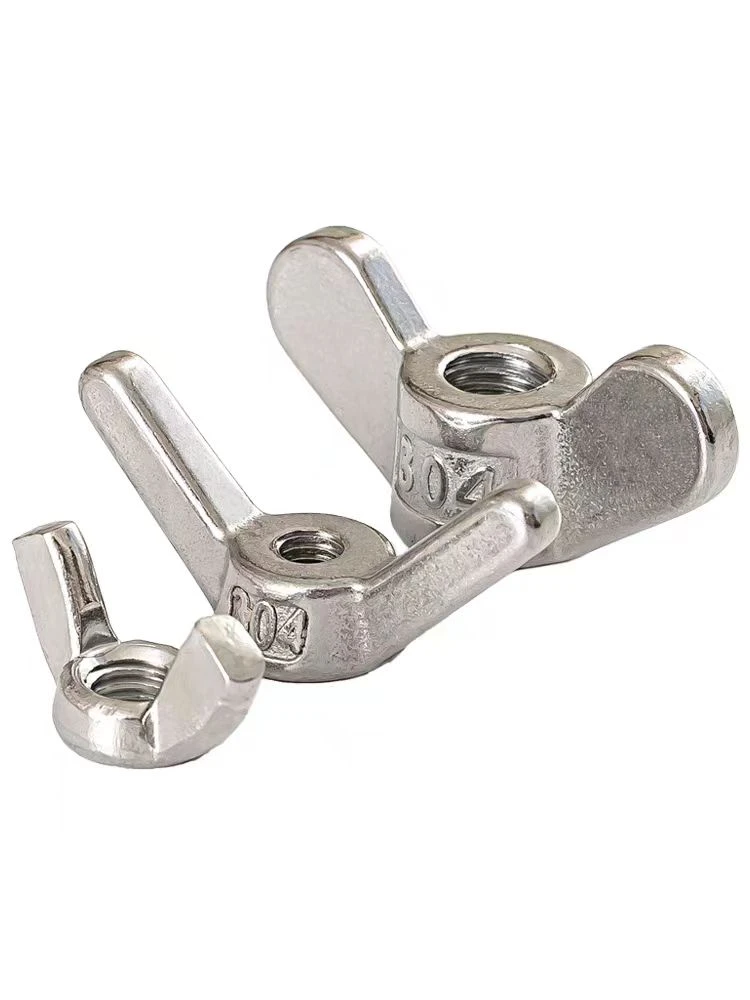

m12 1.25 flange nut
Ott . 07, 2024 21:23 Back to list
m12 1.25 flange nut
Understanding M12 Flange Nuts A Comprehensive Overview
When it comes to fasteners, the M12 flange nut stands out as a popular choice in various applications across industries. This article delves into the specifications, benefits, and applications of the M12 flange nut, helping you understand its importance in mechanical assemblies.
What is an M12 Flange Nut?
An M12 flange nut is a type of hexagonal nut that features a wider circular flange at one end. The M denotes that it is a metric nut, and the number 12 indicates that its inner diameter is 12 millimeters. Flange nuts are designed to distribute the load over a larger surface area, which helps prevent damage to the connected parts and enhances the overall stability of a bolted joint.
Key Specifications
1. Thread Type The M12 flange nut typically has coarse threads, which are suitable for general-purpose applications. However, fine-thread options are also available for specific needs. 2. Material These nuts are commonly made from materials like stainless steel, carbon steel, or nylon. Stainless steel variants offer corrosion resistance, making them ideal for outdoor or high-moisture environments.
3. Finish The surface finish of M12 flange nuts can vary from plain to galvanized or zinc-plated, depending on corrosion resistance requirements and aesthetic preferences.
4. Dimensions In addition to the 12 mm inner diameter, flange nuts come with varied heights and flange diameters. The flange typically provides additional surface area for more robust locking capabilities.
Benefits of M12 Flange Nuts
1. Improved Load Distribution The flange design allows the nut to spread the load across a wider area, reducing the risks of deformation or damage to the parts being fastened.
m12 1.25 flange nut

2. Self-Locking Feature The wider flange acts as a built-in washer, which can help prevent loosening due to vibrations, making these nuts highly effective in dynamic applications.
3. Ease of Installation The flanged surface helps align the nut correctly while being fastened, simplifying the installation process.
4. Versatility M12 flange nuts are suitable for a variety of applications, from automotive and aerospace industries to construction and machinery, making them a go-to choice for engineers and manufacturers alike.
Applications of M12 Flange Nuts
M12 flange nuts are commonly used in various applications, including
- Automotive Assemblies Used in engine mounts, transmission assemblies, and suspension components to secure critical parts where vibration is prevalent. - Machinery and Equipment Essential in securing parts in heavy machinery where load distribution is vital for operational safety.
- Construction Widely used in structural applications where large components need to be securely fastened, especially in steel construction.
- Electronics and Appliances Utilized in mounting and assembling electronic components, ensuring stability and safety.
Conclusion
The M12 flange nut is an indispensable component in numerous engineering applications due to its unique design and functional advantages. By providing superior load distribution, ease of installation, and enhanced resistance to loosening, it remains a preferred choice among engineers and technicians. Whether you are working on automotive projects, machinery, or construction, understanding the features and benefits of M12 flange nuts will undoubtedly aid in making informed decisions for your fastening needs.
Latest news
-
Premium Fasteners Manufacturer | AI-Driven Solutions
NewsAug.01,2025
-
Hot Dip Galvanized Bolts - Hebei Longze | High Strength, Corrosion Resistance
NewsAug.01,2025
-
High-Strength Hot Dip Galvanized Bolts - LongZe | Corrosion Resistance, Custom Sizes
NewsAug.01,2025
-
Best Self Tapping Screws for Drywall - Fast & Secure Installation
NewsJul.31,2025
-
High-Strength Hot Dip Galvanized Bolts-Hebei Longze|Corrosion Resistance&Customization
NewsJul.31,2025
-
Hot Dip Galvanized Bolts-Hebei Longze Metal Products|Corrosion Resistance&High Strength
NewsJul.31,2025

